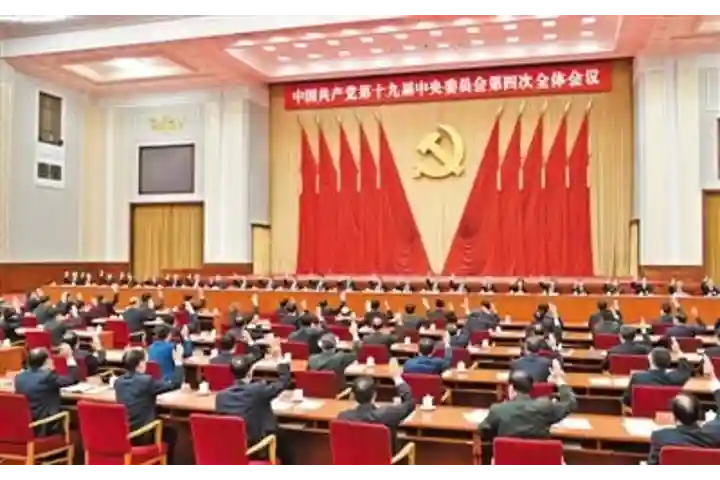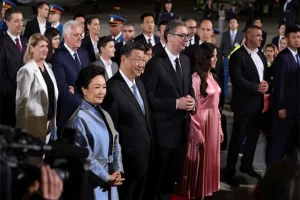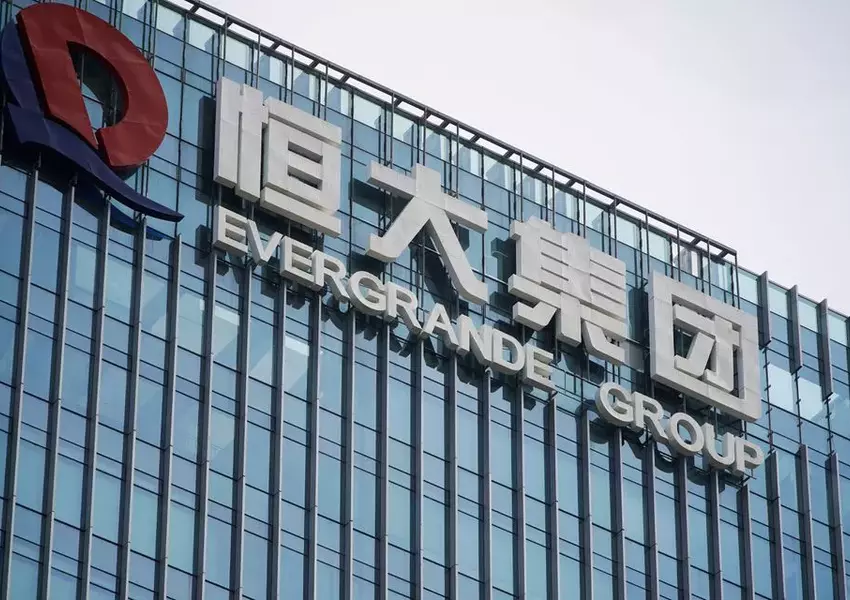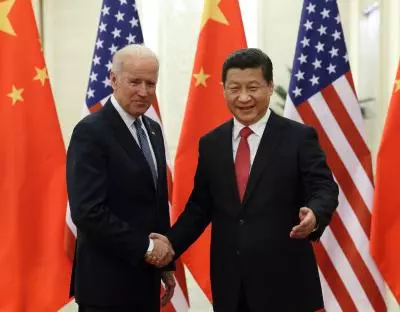China, which is struggling to put its economy back on track, is making a desperate attempt to woo back the private sector after an ugly witch-hunt. Amid Chinese President Xi Jinping’s call for ‘common prosperity’, Beijing’s crackdown on its homegrown private sector, especially the tech industry-starting with Alibaba founder Jack Ma in 2021 hit headlines. For Beijing, rebuilding trust could take time even as it is now reaching out to the private sector, with the promise to iron out issues obstructing its growth.
“After the sudden crackdown on the private sector, Beijing is now making amends. But the problem is building trust is a process and could take time. The current trust deficit is an issue which may not go away in a jiffy,” one of the analysts said.
China’s economic problems at home have multiplied in the post Covid pandemic phase. Ageing population, rising unemployment rate among the youth, surging debt levels, low return on investments on the much-hyped Belt and Road Initiative are among the main issues, at a time when Beijing is trying to shift away from investment-led growth to consumption-led economic expansion. To add to the problem, weaker demand from the West and the rise in tension with the US have hit its exports as well.
The jobless rate among those between the age of 16 and 24, representing graduates from schools and colleges, which was 14.3 per cent in December, 2021 has now touched a record high of 21.3 per cent in June. In May, the youth unemployment rate stood at 20.8 per cent.
The country’s National Development and Reform Commission (NDRC), a ministerial-level department of the State Council entrusted with framing of national economic policies, has already held several meetings with the captains of the industry.
Beijing in fact issued a 31 point “Opinions of the Central Committee of the Communist Party of China and the State Council on Promoting the Development and Growth of the Private Economy” yesterday, reflecting the growing concerns among policymakers. However, while the move is to boost sentiments, it also seems almost clear that the CCP’s active role in maintaining the country’s business environment will continue and that the pressure on the private sector to carry out social responsibilities in promoting the “common prosperity” framework will remain with the focus on “achieving wealth with responsibility.”
Before the crackdown, China’s private sector accounted for about 80 per cent of the country’s non-government employment. It made up about 50 per cent of the country’s tax revenue and 60 per cent of the GDP.
China recorded a GDP in growth of 6.3 per cent in the April to June. quarter, falling woefully short of projections. In the first quarter, China’s economy grew by 4.5 per cent compared to the corresponding period of the previous year.
“China’s recovery is going from bad to worse. The 6.3 per cent year on year expansion through the June quarter was below expectations and flattered by the lockdown-ravaged reference period last year,” South China Morning Post (SCMO) quoted Harry Murphy Cruise, economist at Moody’s Analytics as saying.
Also read: India and Nepal take first steps to connect New Delhi with Kathmandu stealing march over China




















